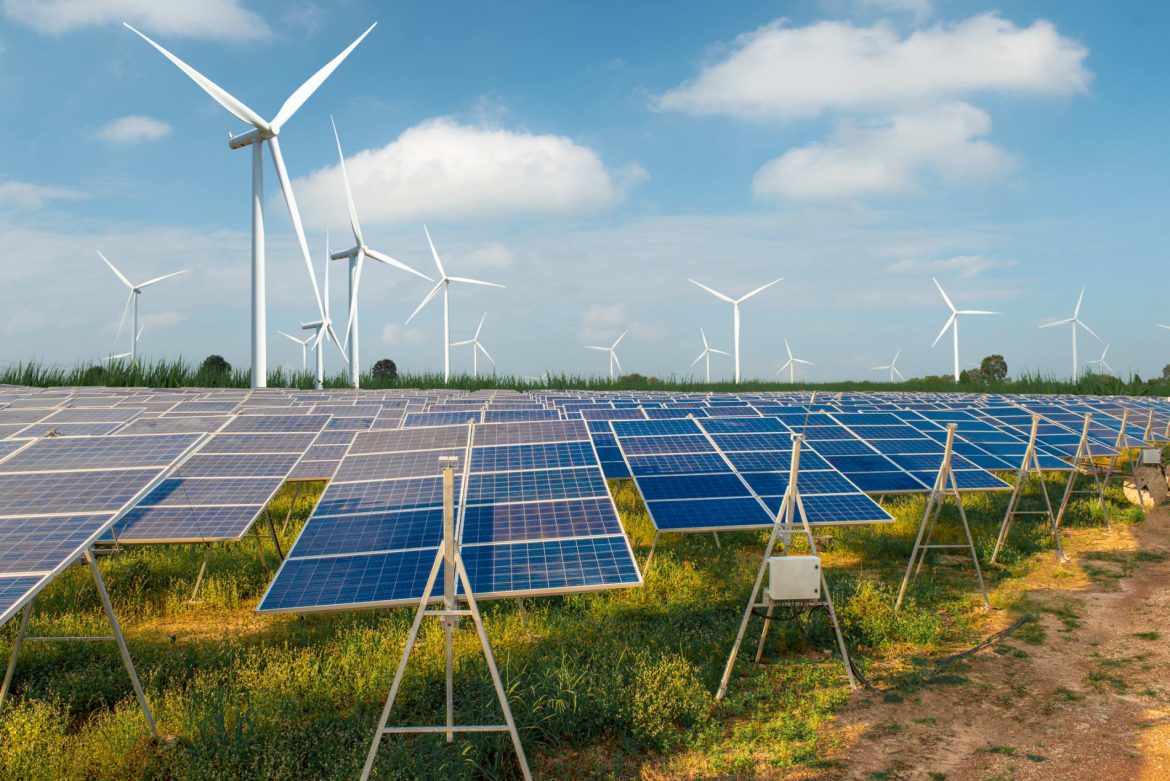Nigeria is a growing market with a lot of potential for businesses, and as a business owner in Nigeria, you are likely aware of the rising costs of energy. However, did you know that there are ways to combat this issue through the use of renewable energy? By harnessing the power of the sun and wind, you can create a sustainable source of energy for your business that will help you save money in the long run. Oil prices have been on the rise in recent months due to fears of an impending shortage in supply. This is largely due to economic sanctions and embargoes imposed on Russian exports by NATO member states. As a result, companies around the world are positioning themselves to hedge against any future shortages.
In Ukraine, this has led to soaring petrol prices, with many consumers struggling to afford fuel. This is particularly worrisome given that Russia recently invaded the country.It’s clear that the conflict between Russia and Ukraine is having a significant impact on global oil markets. We can only wait and see how this situation plays out in the coming months. The price of diesel has increased significantly since the beginning of the year, from an average of N288/litre in January to over N700/litre by the end of March. This has forced many businesses that rely almost entirely on diesel-powered generators to adjust their operating hours to reduce their costs. The National Electricity Regulatory Commission (NERC) recently revealed that electricity tariffs charged by electricity distribution companies (DisCos) in Nigeria will increase in the coming months following the removal of power sector subsidies by the Federal Government.
In Nigeria, rising energy costs and inadequate power supply from the national grid have made it necessary for business owners to explore cheaper off-grid sources of energy. Solar power is one such alternative that is becoming increasingly popular in Nigeria due to its relative affordability and efficiency. When it comes to alternative energy sources, solar, wind, biomass, hydro, geothermal, tide and wave are some of the first things that come to mind. However, of all these options, only solar energy is widely available in the Nigerian market for both residential and commercial use. This is due to the relatively advanced state of indigenous expertise in solar photovoltaic technology, especially when it comes to the assembly, installation and repair of solar panels.
SMEs and other businesses that are looking for more affordable long-term alternatives to fossil fuel energy sources can turn to solar energy. Though the initial investment in procuring a solar energy system (solar panels, batteries and inverters) may be substantial, it doesn’t come with the regular costs of fuel as its source of energy is free from nature. Solar energy systems are also typically more durable than petrol-powered and diesel-powered generators. Solar batteries typically have a lifespan of 5-20 years, while solar panels last 25 years or more. Both types of equipment require minimal servicing and Infrequent maintenance.
There are various payment plans made available by solar energy companies in Nigeria to businesses who want to switch to solar energy, which can help to offset the initial cost. These include lease-to-own plans, where customers can pay for the solar panels in installments over a period of time, and usage-based payment models where customers only pay for the amount of energy they use. Additionally, there are low-cost financing options from commercial banks that can help businesses make the transition to solar power. The market for solar and other renewable energy sources is booming in Nigeria. This is because many communities in rural parts of the country are not connected to the national grid.
Furthermore, those who do have access to the grid complain about its inadequacy. The Association of Nigerian Electricity Distributors has stated that Nigeria currently has an electricity supply gap of 180,000 MW. Some of this deficit could be alleviated by renewable energy. The government has been encouraging the growth and development of the renewable energy industry in Nigeria by offering various forms of incentives to foreign and domestic investors. It could complement this by offering incentives that would increase the demand for renewable energy among the general public, especially businesses. For example, it could offer tax credits to businesses that transition from polluting and hazardous fossil fuel generators to renewable energy sources.
The switch to renewable energy is a win-win for businesses and society at large. Not only is it better for the environment, but it also saves businesses money in the long run. What’s more, it would help to stabilize Nigeria’s currency exchange rate. According to the Central Bank of Nigeria (CBN), approximately 40% of the country’s foreign exchange (FX) is spent on importing petroleum products like gasoline and diesel every year. This is an issue that the Nigerian government and businesses need to prioritize. Renewable energy is a smart and sustainable solution that everyone can benefit from


